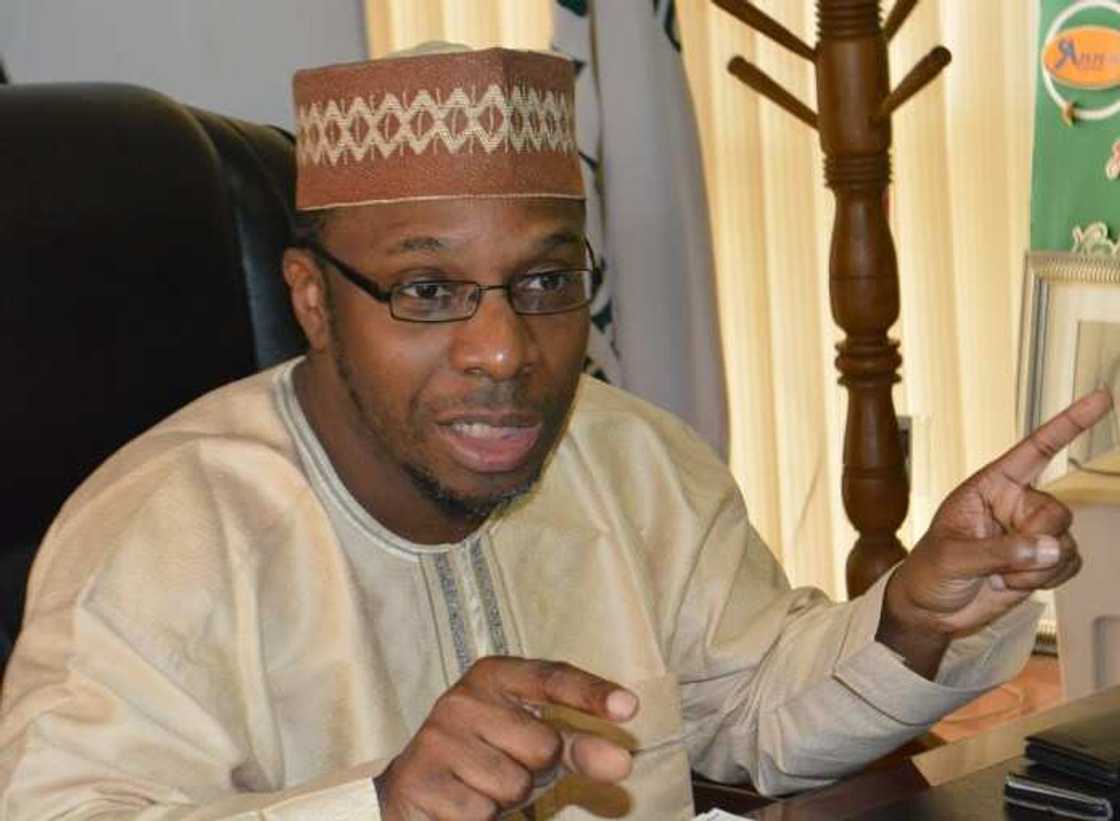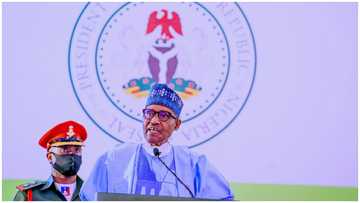Yemi Kale, Former NBS Boss Explains Nigeria’s ‘Poor Ability’ To Repay Debt, Despite Having the Capacity
- Yemi Kale, the former Director-General of the National Bureau of Statistics (NBS), shed light on Nigeria's "poor ability" to repay its debt.
- Kale attributed the country's struggles to a lack of revenue diversification and an over-reliance on oil exports.
- The Nigerian public debt has risen to more than N42.7 billion, according to a recent announcement by the DMO
PAY ATTENTION: Сheck out news that is picked exactly for YOU ➡️ click on “Recommended for you” and enjoy!
Oyeyemi Kale, the Chief Economist of KPMG has revealed that Nigeria's ability to repay its huge debt to countries, organisations,s and individuals are hindered by low revenue generation.
Kale, in a series of posts on his verified Twitter account, said although Nigeria's debt-to-Gross Domestic Product (GDP) ratio suggests that the country has the capacity to repay, the debt-to-revenue ratio is problematic.

Source: Depositphotos
Legit.ng had reported that the Debt Management Office (DMO) reported that Nigeria's total public debt stock was N46.25 trillion as of December 2022, indicating a 14.46% increase compared to N39.56 trillion recorded at the end of December 2021.

Read also
Nigeria's public debt rises to N46.25 trillion, Lagos leads list of 10 most indebted states
Kale, who is the former statistician-general of the federation also explained that debt has two issues: what it is used for and the ability to repay.
PAY ATTENTION: Follow us on Instagram - get the most important news directly in your favourite app!
He said,
"While the debt-to-GDP ratio represents the capacity to repay, which is between 6-8%, the debt-to-revenue ratio is poor at about 80%."
He added that not enough revenue is being retrieved from the system.
Part of the tweet reads:
“In a Nation that needs huge capital expenditure to develop, do we: 1. Curtail debt in the presence of poor revenues which slows development; 2. Borrow & focus energy on revenue reforms to repay debt; 3. Stop borrowing & generate the revenue first which also slows development.
“By the way, there are many other models to fund needed investments but my post is focusing on the particular issue of debt and its issues related to revenue and needed expenditure.”
China rejects Nigeria's $22bn loan request, lawmakers approve counteroffer

Read also
FG moves to provide free internet facilities in airports, markets, higher institutions, approves N24.2 billion
Meanwhile, in another report, the Chinese Development Bank has rejected the Federal Government's request for a $22 billion loan.
This prompted the House of Representatives to approve a counter-request for another loan.
The rejected loan was intended to fund the Nigerian Railway Modernisation Project's Kaduna-Kano segment.
Source: Legit.ng


